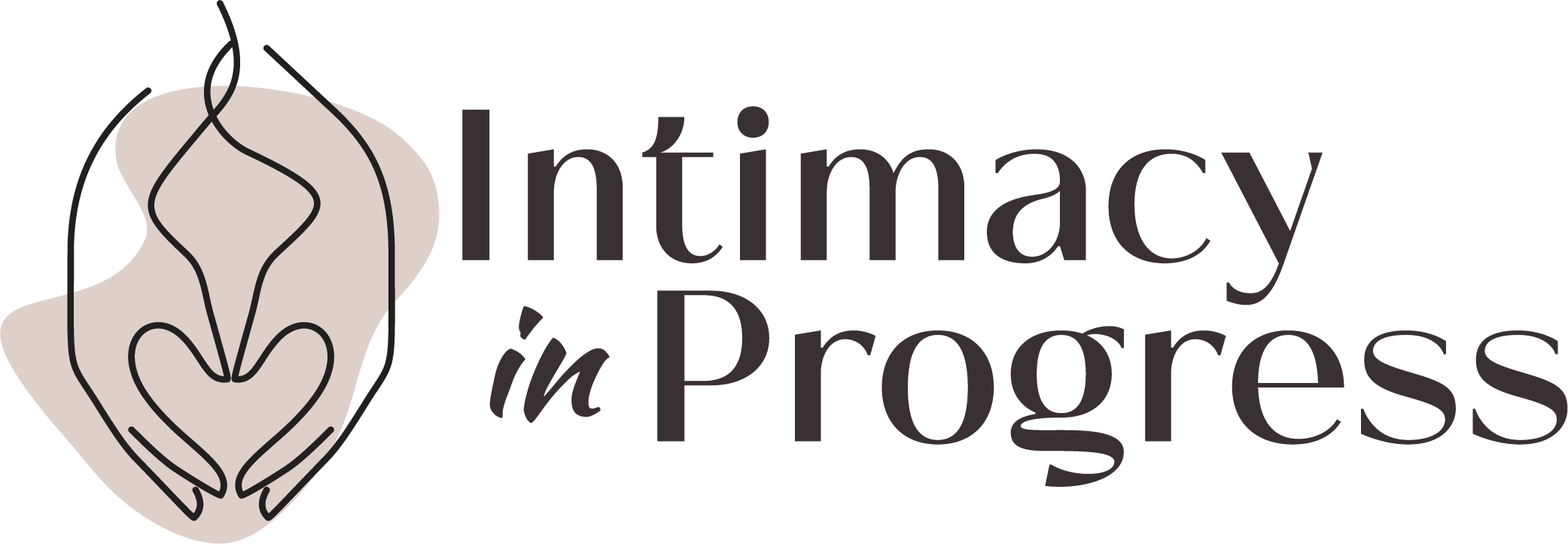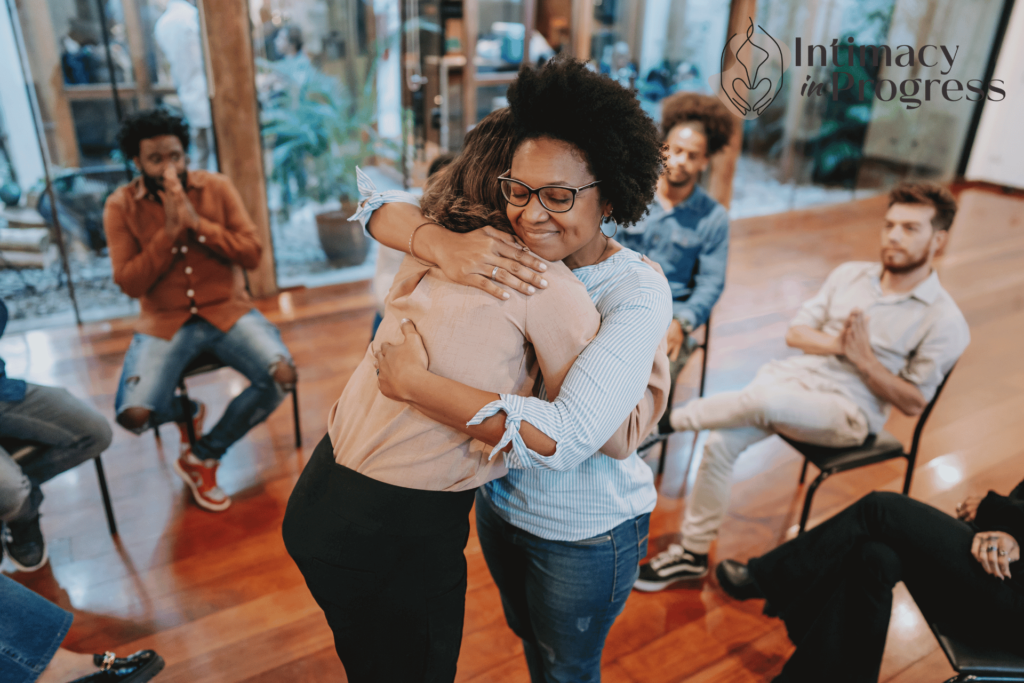In an era marked by fleeting digital interactions and a culture that often prizes stoicism over vulnerability, the profound importance of emotional authenticity in our relationships cannot be overstated. Emotions, the vibrant hues that color our human experience, serve as the bridge between our inner worlds and the shared landscape of connection. Yet, many of us, conditioned by societal norms or past experiences, erect emotional barriers, mistaking suppression for strength.
Let’s consider the critical role of emotional authenticity in fostering healthy, fulfilling relationships. Drawing from psychological insights and real-world examples, we’ll explore the perils of emotional suppression, the transformative power of vulnerability, and the path toward cultivating deeper, more meaningful connections in an age where genuine intimacy often feels elusive.
The High Cost of Emotional Suppression
Suppressing emotions, whether it’s bottling up anger, masking sadness, or denying fear, exacts a heavy toll on our well-being and our relationships. Research has shown that emotional suppression is linked to a host of negative outcomes, including increased stress, anxiety, and depression. It can also lead to physical health problems, such as cardiovascular disease and weakened immune function.
In the context of relationships, emotional suppression creates a breeding ground for misunderstanding, resentment, and disconnection. When we hide our true feelings, we deprive our partners of the opportunity to truly know and understand us. We create a false sense of harmony, built on a foundation of unspoken truths and unmet needs. Over time, this emotional distance can erode trust, intimacy, and the very fabric of connection.
The Transformative Power of Vulnerability
Brené Brown, a renowned researcher on vulnerability and shame, famously said, “Vulnerability is not weakness; it’s our greatest measure of courage.” Embracing vulnerability, the willingness to expose our true selves, flaws and all, is the key to unlocking emotional authenticity.
When we allow ourselves to be vulnerable with our partners, we create a space for deeper connection and intimacy. We invite them into our inner world, sharing our fears, dreams, and insecurities. This act of courage fosters trust, empathy, and a sense of shared humanity. It allows us to navigate life’s challenges together, knowing that we are not alone in our struggles.
Cultivating Emotional Authenticity: A Roadmap
The journey toward emotional authenticity is a lifelong process, but there are concrete steps we can take to cultivate it in our relationships:
- Self-Awareness: Begin by developing a deeper understanding of your own emotions. Pay attention to your bodily sensations, thoughts, and behaviors. Notice the triggers that evoke strong emotions and explore the underlying reasons behind them.
- Mindful Communication: When expressing your emotions, strive for clarity and honesty. Use "I" statements to express your feelings without blaming or accusing your partner. For example, instead of saying, "You always make me feel unimportant," try saying, "I feel hurt when I'm not included in decision-making."
- Active Listening: When your partner expresses their emotions, listen attentively and without judgment. Reflect back what you hear to ensure understanding and validate their feelings. Avoid offering unsolicited advice or trying to fix their problems.
- Compassion and Empathy: Approach your partner's emotions with compassion and empathy. Remember that everyone experiences and expresses emotions differently. Strive to understand their perspective and offer support without minimizing or dismissing their feelings.
- Seek Professional Help if Needed: If you or your partner struggle with emotional expression or communication, consider seeking the guidance of a therapist or counselor. They can provide tools and strategies for navigating emotional challenges and fostering healthier communication patterns.
The Gift of Connection
In a world that often feels fragmented and isolating, emotional authenticity offers us the gift of genuine connection. It allows us to build relationships that are not just based on shared interests or experiences, but on a deep understanding and acceptance of each other’s humanity.
As we embrace vulnerability and cultivate emotional authenticity, we create a ripple effect that extends beyond our individual relationships. We contribute to a culture that values openness, empathy, and genuine connection – a culture where we can all thrive.





